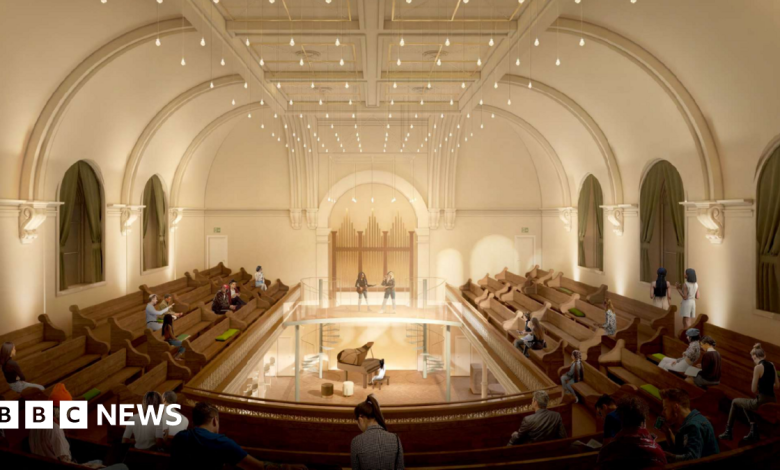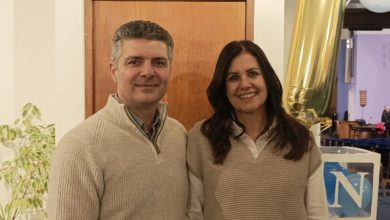Norwich venue in church gets licence despite noise concerns

Alma’s New Cultural Space in Norwich: A Balance Between Arts and Community Concerns
In a recent announcement, Alma unveiled plans for a versatile new performance space in Norwich that promises to enrich the city’s cultural landscape. According to their vision, the venue will host a diverse array of events spanning from visual arts exhibitions and organ recitals to wellness activities like yoga classes. The organization aims to create a platform for both local artists and visiting talents to showcase their experimental sounds and creative works, establishing a dynamic cultural hub within the historic cityscape.
However, the proposal faced significant resistance during a recent council meeting, where community members voiced their apprehensions about potential disruptions to the neighborhood. Residents living near the proposed Elm Hill location expressed particular concern about noise pollution from patrons entering and exiting the venue. Their worries extended beyond mere sound issues to fears of disorderly conduct from customers spilling onto the historic street after events. These objections highlighted the tension between cultural development and preserving the tranquility and character of one of Norwich’s most cherished historical areas.
Despite these concerns, the council ultimately approved Alma’s license application, though not without imposing a framework of strict conditions designed to address the community’s reservations. In a thoughtful compromise, the council required that alcohol service cease thirty minutes before the venue’s closing time, creating a buffer period intended to moderate customer behavior upon departure. Additionally, the license came with stringent restrictions on performance noise levels, establishing clear boundaries to protect the acoustic environment of the surrounding neighborhood. These measures represent an attempt to balance the venue’s artistic freedom with respect for local residents’ quality of life.
The council’s decision reflected their assessment that while community concerns were valid, they were not substantiated by concrete evidence suggesting inevitable noise disturbances. In their formal justification, the committee noted the absence of an “evidence-based reason” to presume that the venue would create a noise nuisance. This reasoning reveals the delicate balancing act facing civic authorities as they weigh the subjective concerns of residents against the potential cultural benefits and the right of businesses to operate within reasonable parameters. The council’s approach suggests a commitment to making decisions based on demonstrable impacts rather than speculative fears.
Following the approval, Alma’s representative Levi de Belgeonne expressed enthusiasm about the outcome, stating their delight with the verdict and anticipation for bringing “an exciting performing arts programme” to the historic district. Their statement emphasized the planned 2026 opening date, indicating a substantial development timeline ahead. This response reflects the organization’s focus on the positive cultural contribution they intend to make, while tacitly acknowledging the responsibility that comes with operating in such a historically significant area of Norwich.
This case exemplifies the complex negotiations that often accompany cultural development in historic urban centers. It highlights how cities like Norwich continually evolve through careful balancing of preservation and progress. The conditional approval represents a nuanced approach to urban cultural development—one that recognizes both the value of artistic spaces and the legitimate concerns of established communities. As Alma moves forward with their plans for a 2026 opening, the success of this new cultural venue will likely be measured not only by its artistic offerings but also by how effectively it integrates into the fabric of Elm Hill while respecting its unique character and residents. The compromise reached may serve as a model for how historic cities can embrace cultural innovation while protecting their heritage and community well-being.








